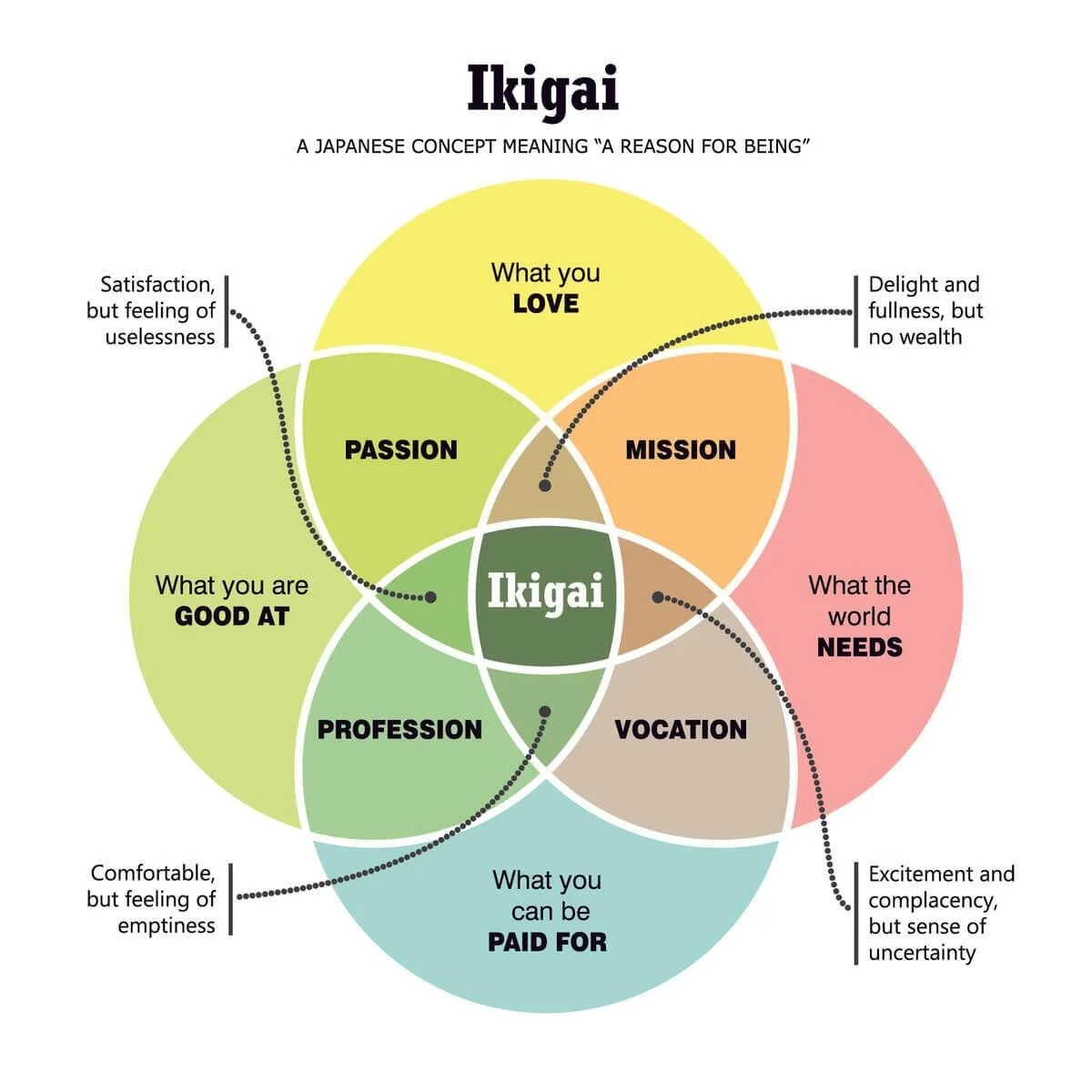What is Success & Mental Maps
What does it mean to succeed?
What does it mean to be successful?
The closest dictionary definition of success is the ability to reach your goals in life, whatever those goals may be. I think this is a good starting point and the most technically correct. But simply reaching goals isn’t meaningful if the goalposts aren’t meaningfully challenging or achievable.
I believe most people (especially Westerners) tend to measure success through job titles and money earned. It’s an easy metric, and it makes sense at first blush. In a meritocracy (which we believe most of the West is), it makes sense for the most capable and exceptional people to trickle upwards, thereby earning more responsibility, agency, and money simultaneously.
For most people, hearing a job title or amount of money earned is a rapid way to evaluate the overall “success” of a person they’ve just met – it’s a flawed mental model that I believe most Americans use. But this is a flawed, extremely one-dimensional approach.
What is a Mental Model?
A mental model defines how people understand the world – it simplifies complex things. Every person has a ton of mental models that help distill everything they see into something bite-sized. Stereotypes around race, jobs, or nationality are mental models that people must quickly arrive at conclusions.
The problem with mental models is that they might only be developed and perfected for specific scenarios. When we take a mental model that works for gravity (things fall down) and apply that to something completely unrelated, we can quickly reach flawed conclusions.
The problem with mental models is that I find people (myself included), rarely evaluate how accurate or effective any single model may be. Our model has assumptions baked in that we may never challenge – such as the belief that corporate America is a pure meritocracy.
How I Evaluated Success (Poorly)
I bring up mental models because my longtime method of evaluating success was built around a highly flawed mental model. My mental model revolved exclusively around extrapolating how much money a person made based on their job title. It consisted of a single question:
So what do you do?
I evaluated a person’s success based on one dimension – their job competency, which is reflected in their financial compensation, responsibilities, or title. I assumed that the more senior a person’s job title, the more intelligent, effective, or knowledgeable they are. Baked into this assumption is that wherever this person worked is a pure meritocracy – my mental model had no space for what-if scenarios, such as:
What if this person got their job through nepotism?
What if this person isn’t good at their job?
My model had never evaluated anything like a person’s happiness or fulfillment. My mental map completely misses other dimensions of what constitutes success.
Updating my Mental Map on Success
How am I updating my mental map to be more comprehensive? For me, the first step is around defining what success means. The closest dictionary definition of success is the ability to reach your goals in life, whatever those goals may be. I think this is a good starting point and is the most technically correct. But simply reaching goals isn’t meaningful if the goalposts aren’t meaningfully challenging or achievable.
An alternative, more meaningful definition must consider why people strive for the most prestigious job titles or income. I think that for somebody to achieve success, it’s a combination of achieving their goals that somehow unite their professional achievement, personal goals, and pursuit of happiness.
In my mind, I believe a successful person has achieved the Japanese concept of Ikigai – which unites concepts:
What you love
What the world needs
What you are good at
What you can be paid for
New Questions to Ask
That means I must extend my mental model to assess success on multiple dimensions. I want to ask questions that help me understand whether the other person is happy, if they’re good at their job, what they dream of accomplishing, or if they’re achieving their personal goals.
Going forward, my approach will expand beyond just “What do you do?” I’ll look to ask questions like:
Are you happy?
Do you like what you do?
What do you do for fun?
I want to understand people beyond just their job and perceived success there – I want to understand them holistically, and that’s not easy to do. It just involves tweaking my questions and my mental model to be a bit more comprehensive and a little bit more nuanced.
I’ll never be able to perfectly understand a person over the course of a single conversation, but I don’t think I want to either. That’s what subsequent discussions are for!

